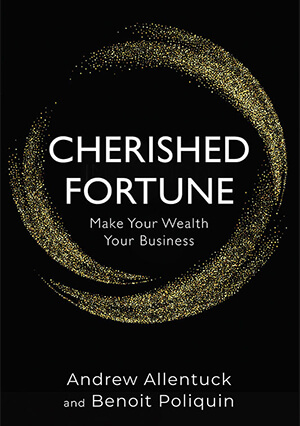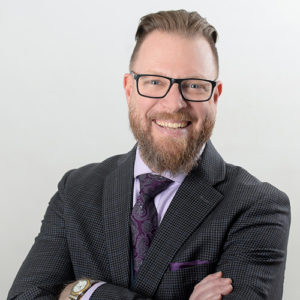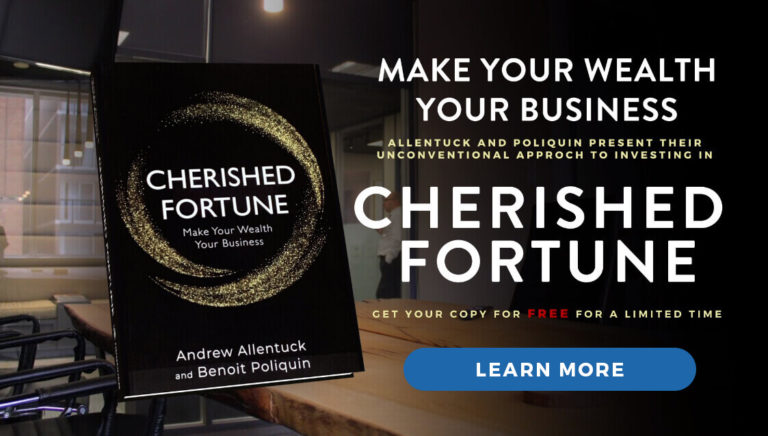GenX was raised by Oprah Winfrey and Phil Donahue who brought transformational discussions into our living rooms. Our mothers were the target audiences of these shows, and in addition to many other revelations, helped to pull back the curtains on how destructive some intergenerational beliefs and patterns of behaviors are. Our mothers were changed by this, but we were the blank slates absorbing once-taboo discussions about family roles, and about comparing ourselves to the Joneses. We learned to question establishment beliefs, (and to call bullshit) from Oprah and Phil which evolved as we became adults into the cynicism associated with our generation.
If you’re a GenXer like me, you knew someone who grew up in a house like mine where dad-is-always right and where there is only ONE way of doing things. Armed with the stories and lessons shared by truth-tellers like Oprah and Phil, I rebelled against the authoritarian model in my home like a misfit from a John Hughes movie.
When I took up Psychology in university and discovered personality-type inventories it was proof to me that the monolithic ONE set of expectations, the ONE way of doing things that I was raised to enact could be challenged and I could assert myself as an individual.
I also learned that we all go through predictable stages of development. We can transcend familial and social expectations, emancipating ourselves from rigid fifties frameworks, and become more of ourselves as we become adults. Carl Jung called this the Individuation process.
We have collective expectations of what Retirement should be in our society; a model of perfection held up to all of us as a path to follow, rooted in a nineteen-fifties picket-fence idealism. Work hard. Save your money. One day (maybe even earlier than age sixty-five) retire and be happy. Early on, the Boomers bought into the idea of this One way of doing things, but many of them, like my father, who was obsessed with accumulation and saving for retirement, got to the finish line and realized that they had no desire to go through with it. He was like a donkey chasing a carrot, retirement was always in front of him, but he never tasted it the way he imagined he would.
We’ve learned what not to do from our parents’ generation and we are less trusting and less faithful in institutions than our parents were. We look to the future and wonder what we will do fifteen years from now?
Maybe Oprah is a reasonable reference-point on retirement. She’s sixty-seven years old. Over the years she has shifted from her own show, to creating her own multi-billion-dollar, multi-media empire. She built her brand on facilitating meaningful conversations and changing people’s lives. Does anyone expect Oprah will retire? Do you think she’s sick of the grind?
How about people like Nelson Mandela? Did he ever retire? Do you think Bill Gates will ever retire? What about Elon Musk? Still young. Will he?
Retirement is an institution created in and for a previous era. An era when we didn’t live as long as we do today in a time when we weren’t as healthy as we are now, for people embedded in a certain type of economy; and that economy no longer exists.
The core motivational framework and set of presuppositions of the classic model of retirement is that people are lazy and don’t like to work. This was the prevailing theory of management in the decades during which we created retirement as an institution. People must be coerced to work. Part of the bargain employers and governments made with the workers was a promise that if you work hard now, you can be happy in the future. It’s a parallel belief to the religious idea that if you follow all the rules and believe in the right things (in this world of sin and suffering), you’ll get to go to Heaven someday. I won’t speak to the promise of Heaven but promises of retirement are often revealed as myths.
There is more than one path towards a fulfilling future. There are investments we should make over time that have nothing to do with money. Yes, it’s important to save for the future. It’s important to invest and build security. It’s important to accumulate a pension or to create wealth for the future by some method; but the wealthy-barber model only takes one personality-type, one career path, one set of beliefs about people and what makes them happy, and for comparison, provides only one set of Joneses to keep up with. Everything else is wrong.
The model of personality types I encountered when I was emancipating myself from rigid expectations in my family home was a simple one. Four quadrants of a wheel. Orange, Blue, Green and Gold. It’s called the True Colors™ model and it’s one of many four quadrant models used in education, business and government. The Colby Inventory™, the DiSC model™, and even Myers-Briggs™ are similar models based on four spectrums or personality types. I even argue that the classical four elements of earth, water, fire and air, the ancient zodiacal cross and the Medicine Wheel of the First People of North America are similar psychological maps and even spiritual maps of the psyche. And so are the divisions of people in modern fictional narratives like in the four houses of Hogwarts.
We all know people with fiery personalities who are driven, competitive, and action oriented. They transform the world as they move through it. Then there are the Airy people who exist in the intangible realm of knowledge, ideas and intellect. They are our communicators. The water people are those of us who are the most emotionally intelligent and empathic who embody and express care; and finally, the Earthy people who are practical, grounded, who understand systems and processes who take care of the details that make the world work.
If, as I am arguing here, that life is a process of becoming more of who we are, you may have noticed along the way that you have a preference in one of these areas. You may have experience working with one or several of these models in your careers. Even one of the most successful investors of our time, Ray Dalio, is an advocate of these typological maps of personality and type and believes that understanding who we are leads to more productivity in work and more personal satisfaction.
I have an idea that what we call retirement, our late-stage life, is subject to division by these types just like the rest of our lives. A fiery, action-oriented person might never be happy siting on a dock or a beach and may want to remain engaged in the world and “make things happen” for as long as they can. A person who is a thinker and an intellectual who has accumulated knowledge may have realized that over time that accumulated knowledge can become wisdom. They may feel compelled to continue to share this knowledge in purposeful ways. A caring person, with a watery constitution, may find themselves drawn to caregiving or by extension of their compassion, to tackling social and community issues. The practical grounded type may be the one who keeps the world turning for their children and grandchildren, helping to renovate the new home, to lay a new floor or to fix the plumbing when the pipes burst, or like my father, to continue to apply his decades of engineering skills into building more and more.
But thinking about the future this way requires that we break from the expectations that we have of the future and the expectations that “society” places upon us. It requires that we individuate from homogenous models of the future and engage in a continual process of becoming who we are.
Becoming more of who we are and aligning our future plans with this ongoing process of discovery give us a sense of meaning and fulfillment and this to me is as important a part of planning for the future as any investment account.






